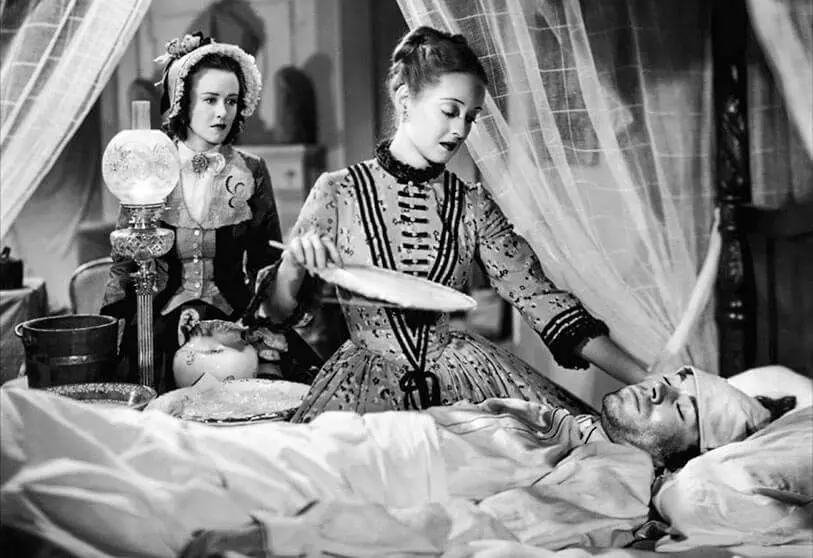The immunity passport and the Jezebel virus

Yellow fever is not eradicated from the world. The coronavirus pandemic has made us forget about other natural threats that seem extinct, but remain latent in the form of microscopic beings that could not be reduced to the test tube of laboratories, as with smallpox whose only strains are preserved for scientific use (may it always be so!) in Atlanta (USA) and Novosibirsk (Russia). Other diseases are still there, with very simple transmission routes such as mosquitoes: malaria, yellow fever, dengue, tropical Chagas, typhoid... The fact that we do not talk about them does not mean that they do not cause infections and deaths: more than 400 cases of zika in 2019, 120,000 cases of dengue fever with 79 deaths in the same year, six thousand deaths from measles. Yellow fever has caused 1,200 sick people in Brazil alone over the past year, without distinguishing between children, adults or the elderly.
This last disease, known as the American plague or black vomit, has affected different parts of the planet over the last two centuries. It is transmitted through the "Aedes aegypti", a type of mosquito common in regions of Africa, Central and South America. It arrived in Barcelona in 1821 and killed almost 20 percent of the population. The city was isolated from the rest of the country to prevent it from spreading. The parallel we draw between those yellow fever epidemics and the 2020 coronavirus is in the degree of immunity acquired by people who have overcome the pathology, creating the necessary antibodies to reject it. In some countries, the epidemic that shook New Orleans in the mid-19th century has been studied because of the way in which this immunity was certified and because of the good results it gave in stopping the spread of the disease, although from the social point of view its effects were enormously pernicious. They are not recommended in today's social protection systems. Immunity certificates, known as baptism of citizenship, were created, which allowed anyone who had overcome yellow fever or "yellow jack", as it became known throughout the United States, to become acclimated to the disease. These certificates became traded, widening the gap between the wealthy classes and the poor, especially Black slaves.
Several countries are considering the introduction of an immunity passport. The United Kingdom's health minister has mentioned it, Germany has set out to test it, and even the White House's chief scientist, Anthony Fauci, has said that the first power is studying a system similar to that of New Orleans. Being very reductionist, this certificate would establish a thick line between those cured and immune and those infected or potentially sick with coronavirus. And that, applied to the labor world (and in all other aspects), would put some in inferior conditions compared to others. The WHO does not want to hear about it for the time being, although there are large companies that consider this passport to be a very suitable tool for returning to work. Science fiction or reality? A world divided between the healthy and the weak.
An unexpected document about the spread of yellow fever in New Orleans is the 1938 film Jezebel, produced by Warner Bros. and directed by William Wyler. It is, in addition to a valuable fresco about life and honor in the southern United States, a very well documented and researched testimony about how the most powerful city in the deep south attacked the health problem, with the media of the time and a huge dose of ignorance. The script co-written by John Huston mentions the rudimentary and dehumanized confinement of the sick on Lazarette Island, where they are driven in wagons by nuns or family members who do not want to be separated from their loved ones and are condemned to an almost certain death. No one could guess that it was the mosquitoes that were transmitting the virus, and carriers of the virus were stigmatized as believing that they would infect anyone who stood next to them. The information systems for the population are simple: cannon shots from the port to find out when a shipment of the living dead leaves for the island of the "lepers". In every corner of the jazz city there are bonfires lit to kill the infection, the handkerchiefs are turned into improvised masks and the houses of the infected are marked with a Y in black paint, and they are closed in quarantine. When the epidemic breaks out, the city limits are closed, New Orleans is confined and isolated, and authorities shoot those who break through the boundaries of the infection zone, which can only be crossed with a permit from the governor.
Everything is different, in today's world of the coronavirus, from that pessimistic and dramatic film by Bette Davis and Henry Fonda, but everything serves as a lesson and should be remembered. It would not be out of place for the ministers of health of Germany, the United Kingdom and the United States to see again this success of the cinema of the 30's and especially the system of immunological safeguards established in the city of the state of Louisiana.

